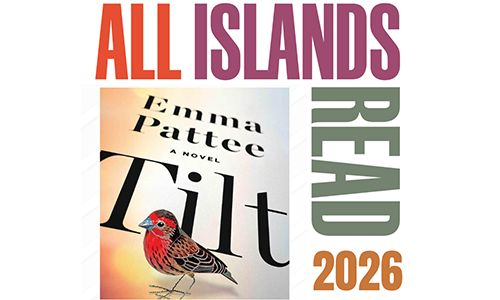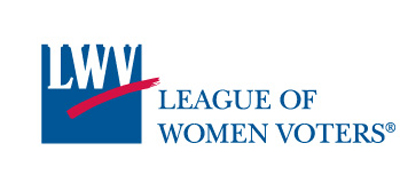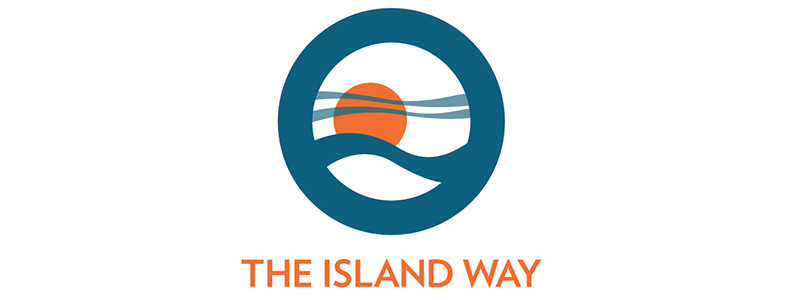From the Stewardship Network of the San Juans
As coastal Washington anticipates the arrival of debris pulled out to sea in the 2011 Japanese tsunami, many questions and concerns have arisen in the minds of San Juan Islanders, about:
- what’s predicted to arrive
- when it will arrive
- how to identify hazardous material
- what to do with culturally significant items
- where to take collected debris
- how to help.
Three lectures led by oceanographer Dr. Jan Newton and Stewardship Network volunteers will be held in the islands:
- Friday, June 1 from 6:30-8:00pm at the Lopez Center for Community & the Arts
- Saturday, June 2 from 4-5:30pm at the Orcas Senior Center
- Sunday, June 3 from 4-5:30pm at the San Juan Grange
This lecture will include information about ocean currents, storm patterns, and the potential arrival of tsunami marine debris to the San Juans. Most current models predict that the major impact will be to the outer coast, and the San Juans are not likely to be heavily affected. Once materials arrive to our shoreline, models indicate that they will likely accumulate in the southern areas of San Juan, Lopez and Shaw.
Over the last several months islanders on San Juan and Orcas have collected material with Japanese writing. While confirming their origin as tsunami debris is uncertain; their arrival indicates the need for preparation. In response, Friends of the San Juans is recruiting volunteers for a Tsunami Debris Beach Collection Project. To volunteer call 378-2319.
Come to the lecture to learn what to do with items you find along our shorelines. San Juan County transfer stations will continue to take beach debris free of charge. If you suspect this is hazardous material call 911. Anyone who finds suspected tsunami debris is asked to contact the National Oceanic and Atmospheric Administration at DisasterDebris@noaa.gov
This lecture is sponsored free of charge by the Stewardship Network of the San Juans and is part 2 of the “At the Water’s Edge Lecture Series.”
For more information call 378-2319 or go to marinedebris.noaa.gov/
**If you are reading theOrcasonian for free, thank your fellow islanders. If you would like to support theOrcasonian CLICK HERE to set your modestly-priced, voluntary subscription. Otherwise, no worries; we’re happy to share with you.**







